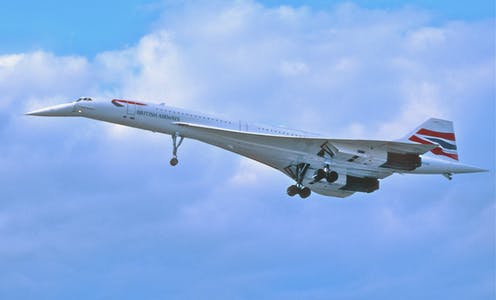
Breaking News
 How To Protest Without Fear of Getting Shot
How To Protest Without Fear of Getting Shot
 US Lawmakers Shmooze with Zelensky at Munich Security Conference...
US Lawmakers Shmooze with Zelensky at Munich Security Conference...
 Scientists have plan to save the world by chopping down boreal forest...
Scientists have plan to save the world by chopping down boreal forest...
Top Tech News
 New Spray-on Powder Instantly Seals Life-Threatening Wounds in Battle or During Disasters
New Spray-on Powder Instantly Seals Life-Threatening Wounds in Battle or During Disasters
 AI-enhanced stethoscope excels at listening to our hearts
AI-enhanced stethoscope excels at listening to our hearts
 Flame-treated sunscreen keeps the zinc but cuts the smeary white look
Flame-treated sunscreen keeps the zinc but cuts the smeary white look
 Display hub adds three more screens powered through single USB port
Display hub adds three more screens powered through single USB port
 We Finally Know How Fast The Tesla Semi Will Charge: Very, Very Fast
We Finally Know How Fast The Tesla Semi Will Charge: Very, Very Fast
 Drone-launching underwater drone hitches a ride on ship and sub hulls
Drone-launching underwater drone hitches a ride on ship and sub hulls
 Humanoid Robots Get "Brains" As Dual-Use Fears Mount
Humanoid Robots Get "Brains" As Dual-Use Fears Mount
 SpaceX Authorized to Increase High Speed Internet Download Speeds 5X Through 2026
SpaceX Authorized to Increase High Speed Internet Download Speeds 5X Through 2026
 Space AI is the Key to the Technological Singularity
Space AI is the Key to the Technological Singularity
 Velocitor X-1 eVTOL could be beating the traffic in just a year
Velocitor X-1 eVTOL could be beating the traffic in just a year
United Airlines Wants to Bring Back Supersonic Air Travel

President Biden mused about supersonic flights when discussing his infrastructure plan in April. And on Thursday, United Airlines said it was ordering 15 jets that can travel faster than the speed of sound from Boom Supersonic, a start-up in Denver. The airline said it had an option to increase its order by up to 35 planes.
Boom, which has raised $270 million from venture capital firms and other investors, said it planned to introduce aircraft in 2025 and start flight tests in 2026. It expects the plane, which it calls the Overture, to carry passengers before the end of the decade.
But the start-up's plans have already slipped at least once, and it will have to overcome many obstacles, including securing approval from the Federal Aviation Administration and regulators in other countries. Even established manufacturers have stumbled when introducing new or redesigned planes. Boeing's 737 Max was grounded for nearly two years after two crashes.
The deal is United's latest attempt to position itself as a risk taker shaking up an industry that is just getting back on its feet after a devastating pandemic. The airline announced a $20 million investment in an electric air taxi start-up, Archer, in February, and it is working on a "steady drumbeat" of more such bets, said Michael Leskinen, who heads corporate development at United.

 Going the Way of the Denarius
Going the Way of the Denarius

